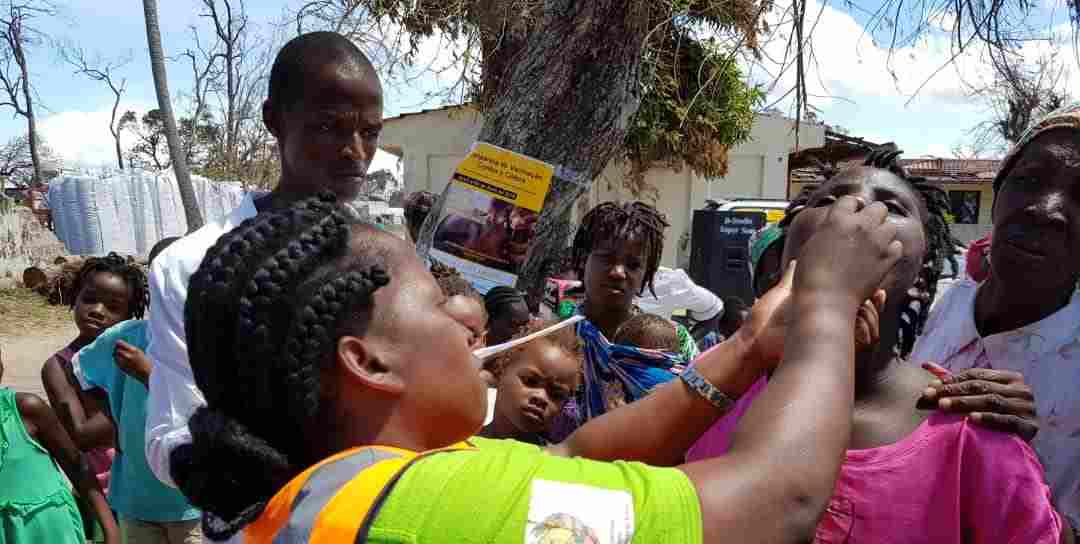The recent cholera outbreak in Harare, Zimbabwe, demands immediate and serious attention. Declared a state of emergency by Mayor Ian Makone, the city grapples with a deadly outbreak of this infectious disease. This situation is further compounded by the dire state of the country’s health system, which, as warned by the United Nations, risks being overwhelmed by the epidemic.
As of now, the cholera epidemic in Zimbabwe has led to 565 deaths and infected over 12,546 people. This alarming situation has not only affected Zimbabwe but also put its neighboring countries on high alert due to the potential spread across borders. As recently as November 2023, the health ministry recorded 136 suspected deaths and 6,685 suspected cases, indicating a rapid escalation of the crisis.
In addressing this outbreak, it is crucial for Zimbabwean authorities and the international community to recognize several key factors. First, the rapid spread of cholera in Harare reflects underlying issues such as poor sanitation and inadequate access to clean water. Cholera thrives in environments where hygiene is compromised, and addressing these fundamental issues is vital for controlling the spread.
Moreover, the health system in Zimbabwe, already strained, faces an additional burden. Strengthening the healthcare infrastructure, ensuring adequate supplies of medical essentials, and supporting healthcare professionals are critical steps in managing the outbreak effectively.
Furthermore, public awareness and education are essential. The population needs to be informed about the symptoms of cholera, the importance of hygiene, and the steps to take if symptoms are observed. Preventive measures, such as boiling drinking water and proper food handling, can significantly reduce the risk of cholera transmission.
International aid and collaboration can play a pivotal role in this crisis. Support from global health organizations and neighboring countries in terms of resources, expertise, and funding can greatly assist in controlling the outbreak. This includes providing cholera vaccines, which are crucial in preventing the spread of the disease.
Lastly, the situation in Harare is a stark reminder of the broader implications of health crises in low-income countries. It underscores the need for sustained investment in healthcare systems, water, and sanitation infrastructure, and emergency preparedness to prevent such outbreaks in the future.
The cholera outbreak in Harare is a public health emergency that requires immediate action. It calls for a coordinated response that combines healthcare support, infrastructural improvements, public education, and international aid. Addressing this crisis effectively is not only crucial for the health and well-being of the people of Harare and Zimbabwe but also for regional stability and global health security.
Image Credit: WHO




